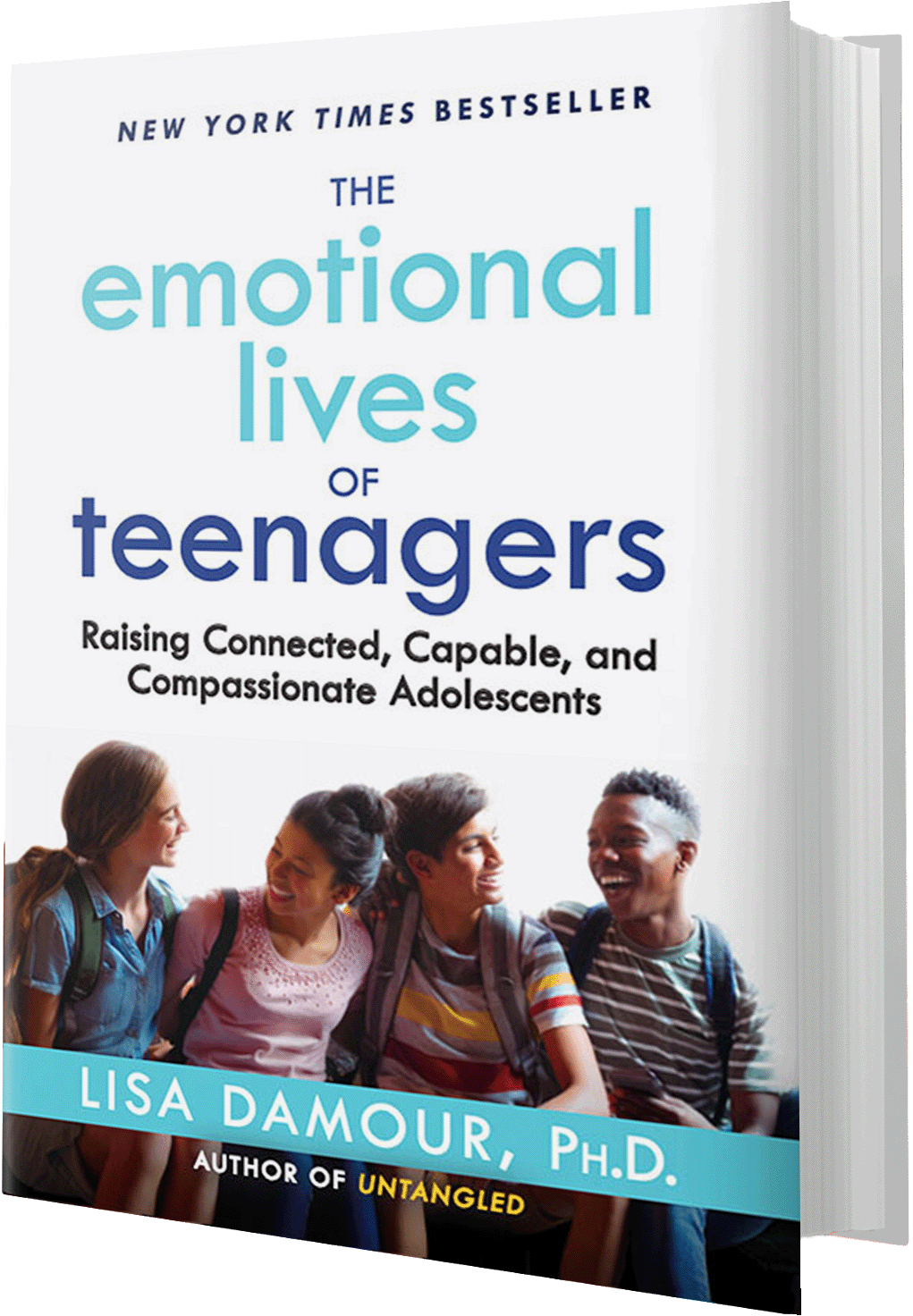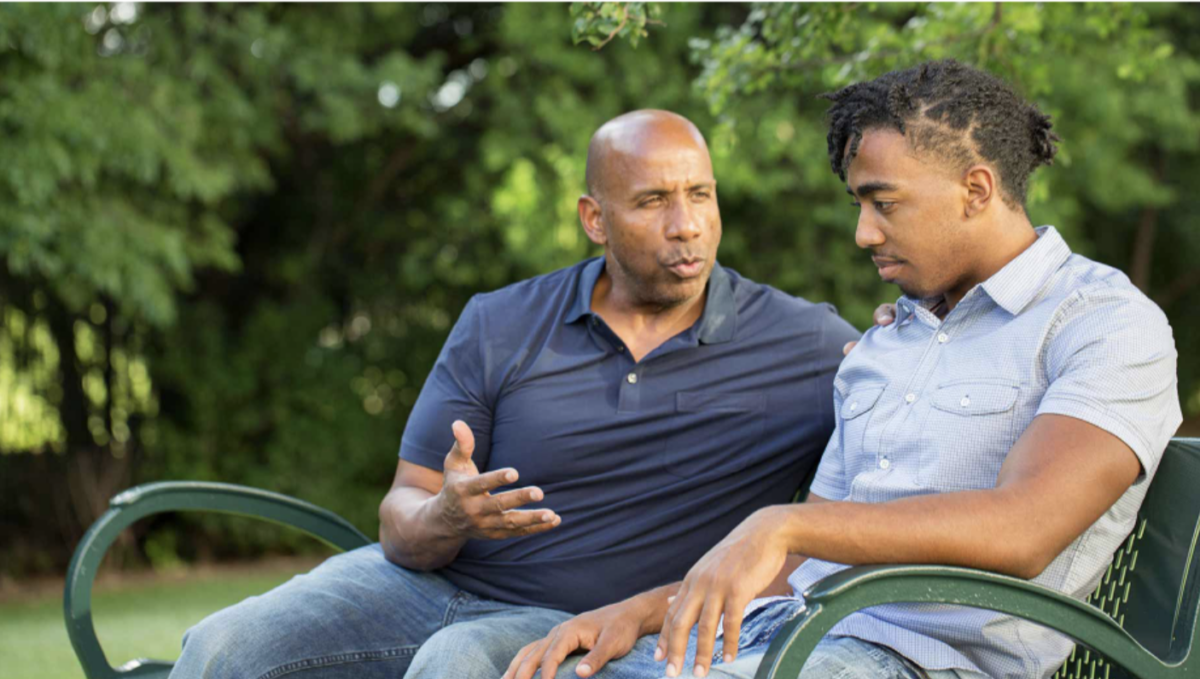What about emotional expression that causes harm either to your teenager or to someone else? Sometimes a teen comes home from school in a rotten mood and takes out his frustration—either physically or verbally—on an unsuspecting younger sibling who happens to be in the wrong place at the wrong time. Sometimes angry teenagers will say hurtful things to people they care about. When anything like this happens, it should always be taken seriously. The teenager’s emotions may be entirely justified, but the way those emotions are being expressed is a problem. As the adults on the scene, we’ll want to help teens learn to see this critical distinction. “I get it that you had a hard day,” you can say, “but attacking your sister isn’t how to deal with it. You can tell me what’s wrong, go for a run, or find some other way to feel better. Just leave your sister out of it.” Or: “It’s okay to be pissed, but you can’t speak to me like that. Let’s talk when you’ve had a chance to calm down.”
Even when teenagers attribute their hurtful behavior to emotions that garner our sympathy—such as when they chalk up being short-tempered to feeling anxious or stressed—we shouldn’t give them a free pass. “If you want to talk about what’s making you anxious, I’m here for that,” you could offer, “but being cranky with me is only going to leave us both feeling worse.” If you sometimes need to redirect your teenager’s emotional expression, you are hardly alone—it’s fair to say that this challenge just comes with the territory of raising adolescents. So long as teens dependably find their way to harmless outlets for their feelings, there’s no reason for alarm, even if they do need reminders from time to time. If, however, your teen seems stuck in a rut and cannot move beyond expressing emotion in ways that might bring fleeting relief but hurt others or strain important relationships, consult with a mental health professional for guidance and support.
Sometimes teens discharge their emotions in ways that are, without question, real grounds for concern. We noted in chapter 2 that boys, in particular, are sometimes socialized to deal with distress through aggression or violence, though this is hardly exclusive to males. Also, adolescents sometimes relieve emotional discomfort by hurting themselves, such as when they engage in cutting or other forms of self-harm.
Whether the violence is directed outward or inward, there are key points to keep in mind. First, teenagers who are hurting others or themselves are letting us know that they are suffering and that they don’t have healthy ways to express that suffering. Second, teenagers who rely on violence warrant help, regardless of who is being harmed. This should come in the form of professional guidance, so that they can come to understand what’s behind their destructive behavior and develop healthy strategies for gaining emotional relief….

The Emotional Lives of Teenagers Raising Connected, Capable, and Compassionate Adolescents
Lisa’s latest New York Times best seller is an urgently needed guide to help parents understand their teenagers’ intense and often fraught emotional lives—and how to support them through this critical developmental stage.
Buy nowMore resources




















